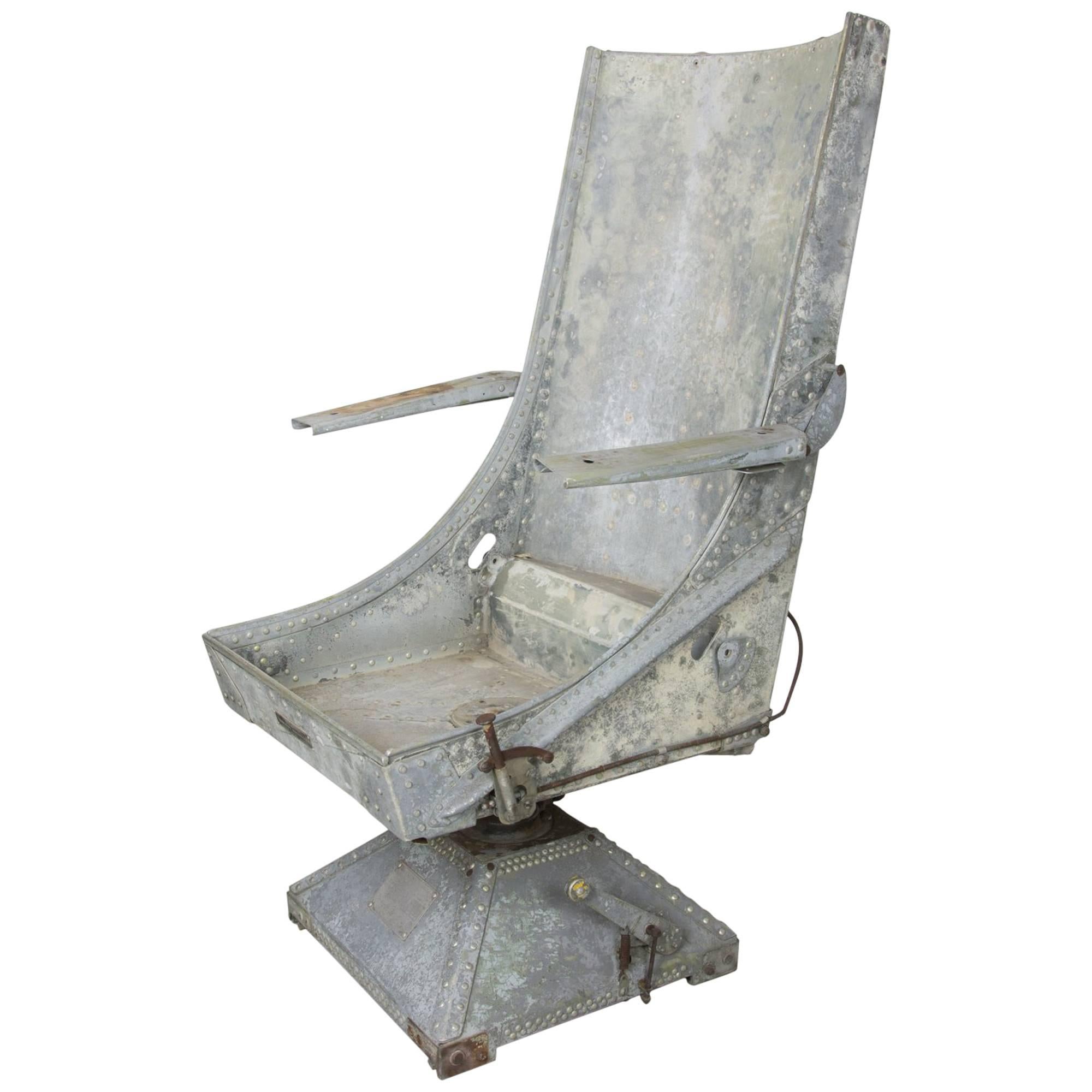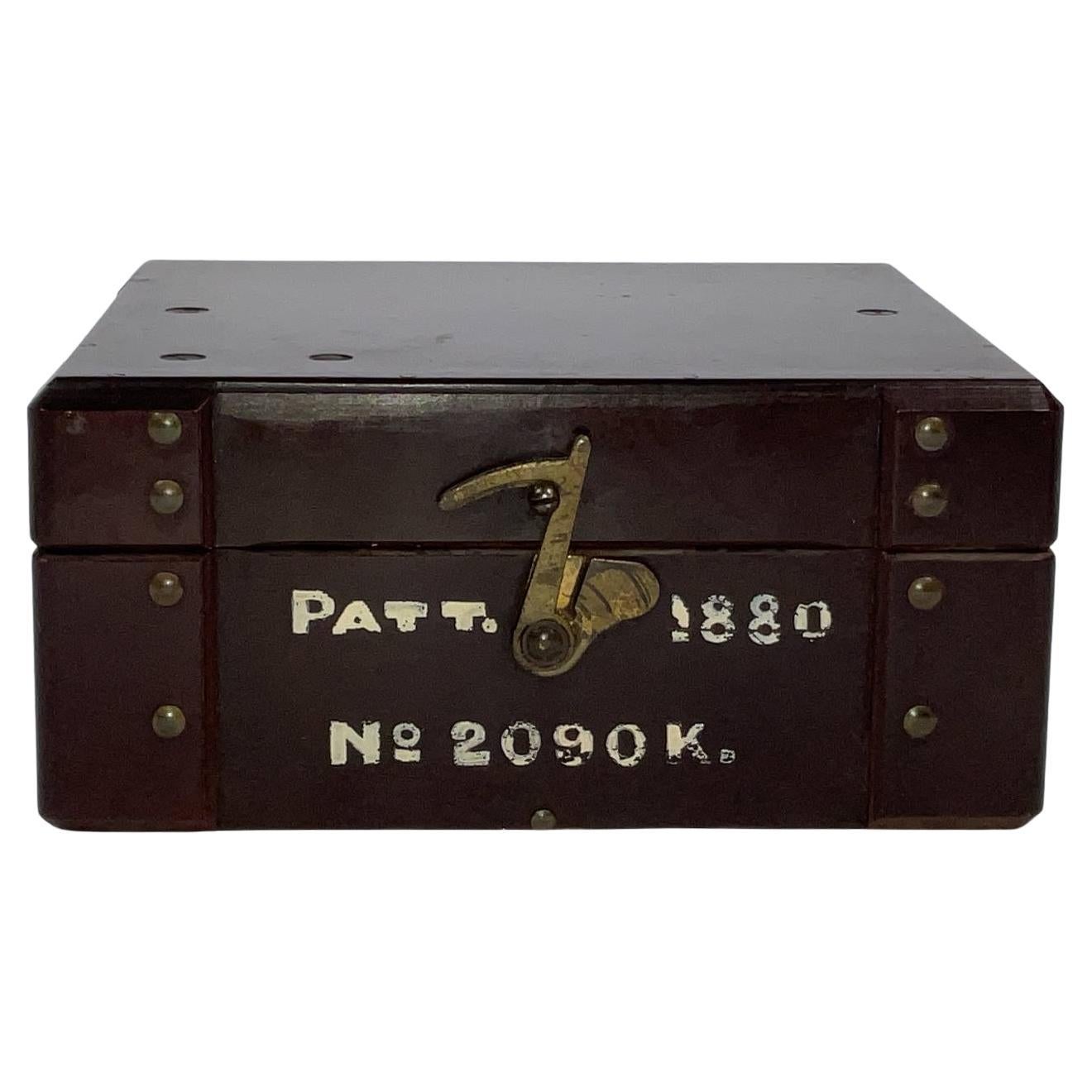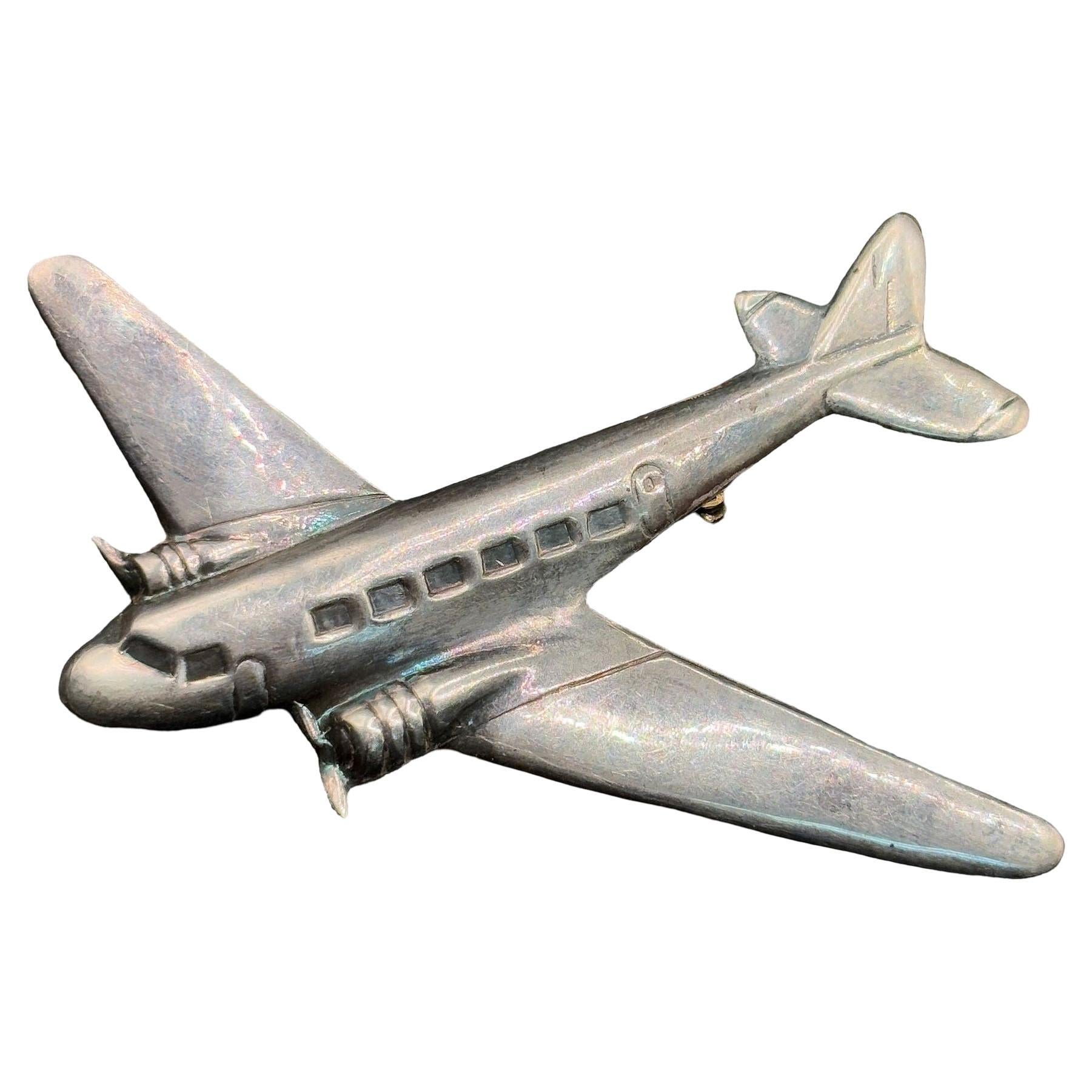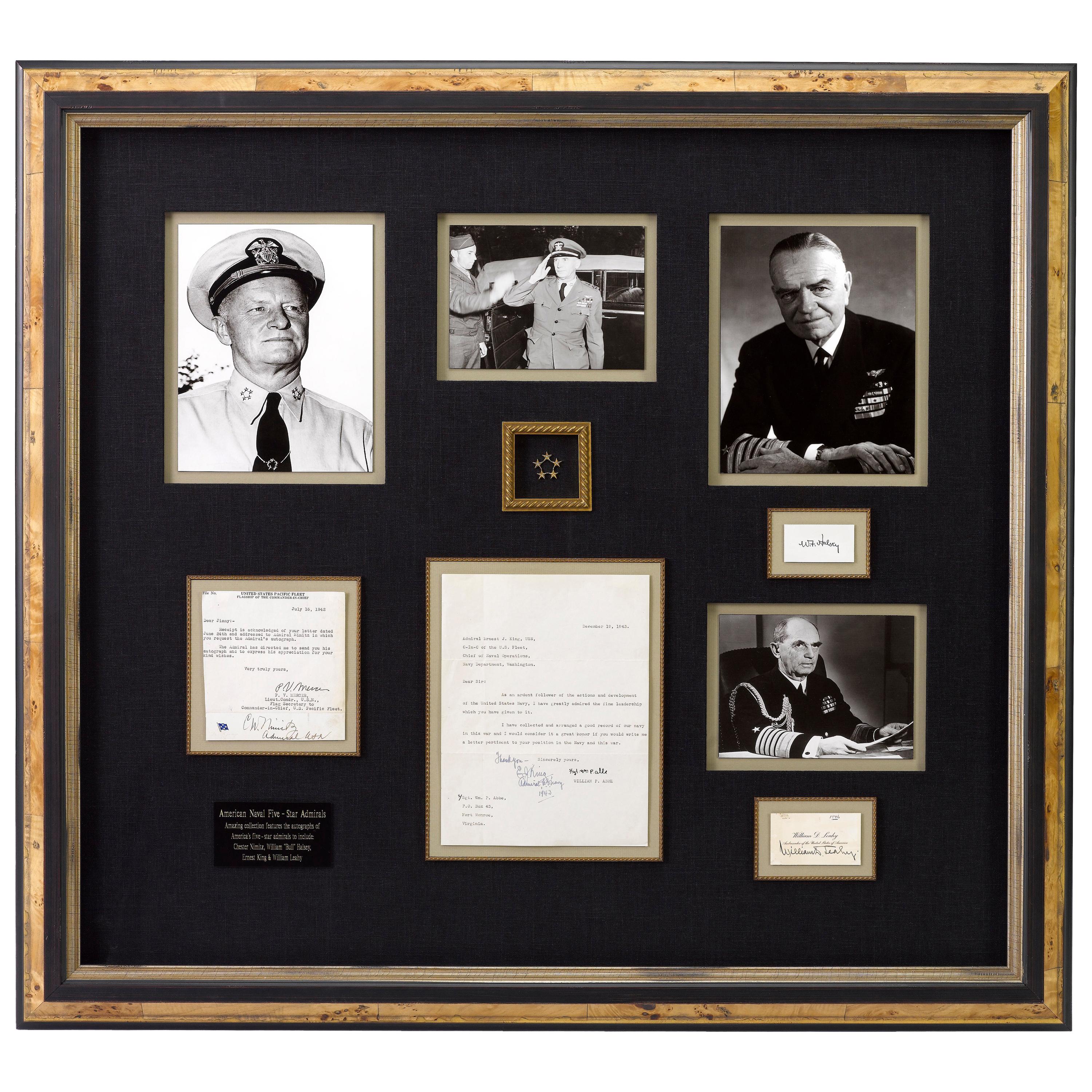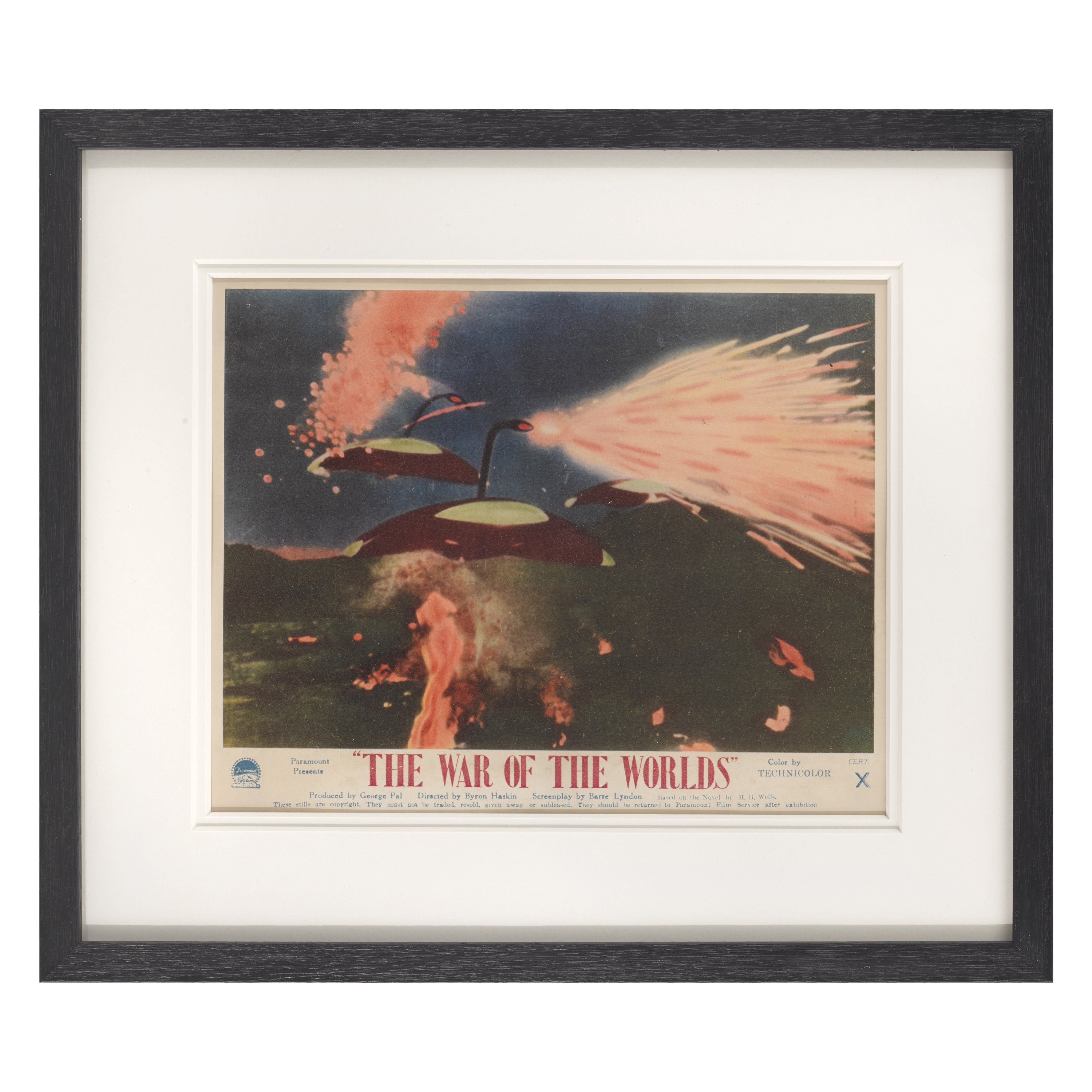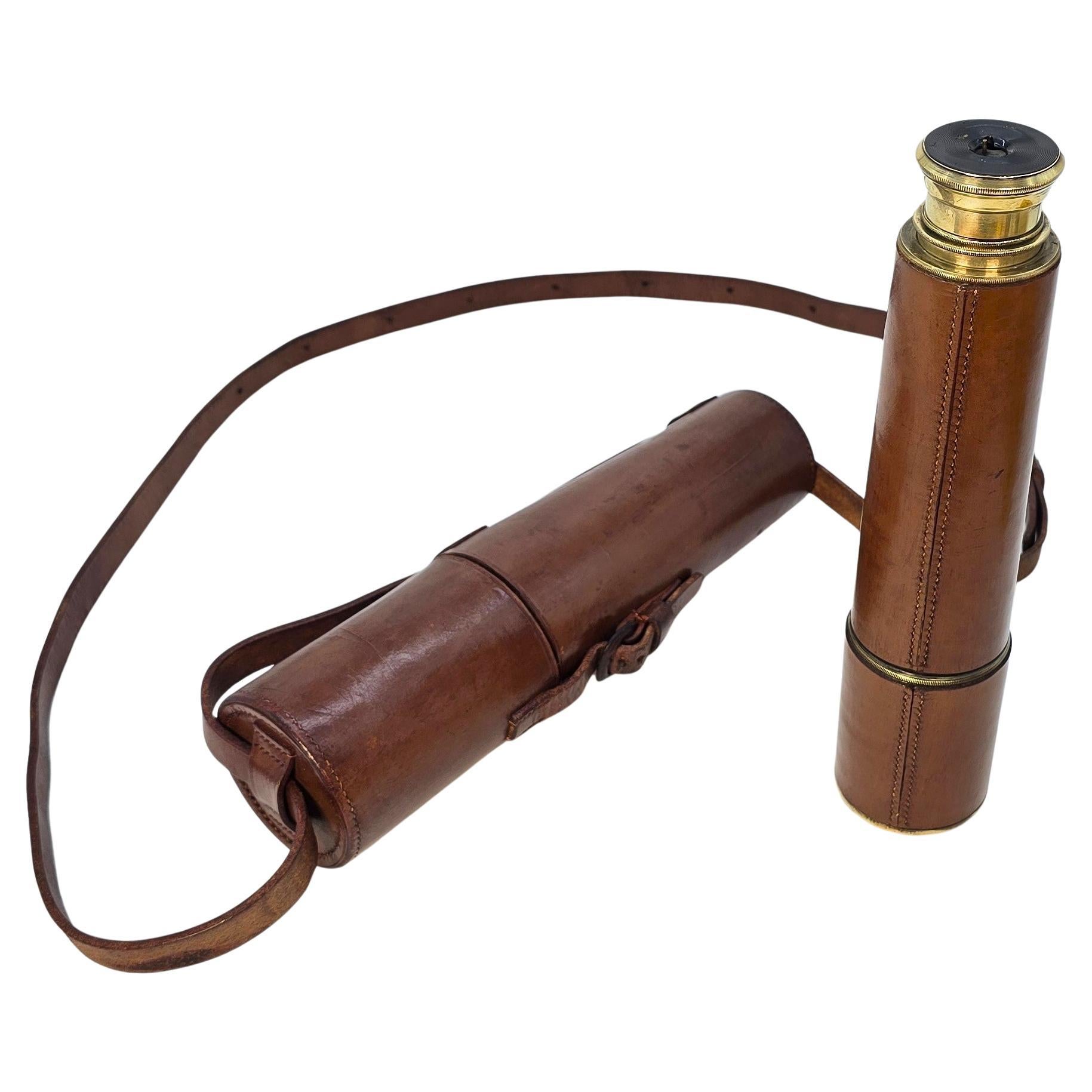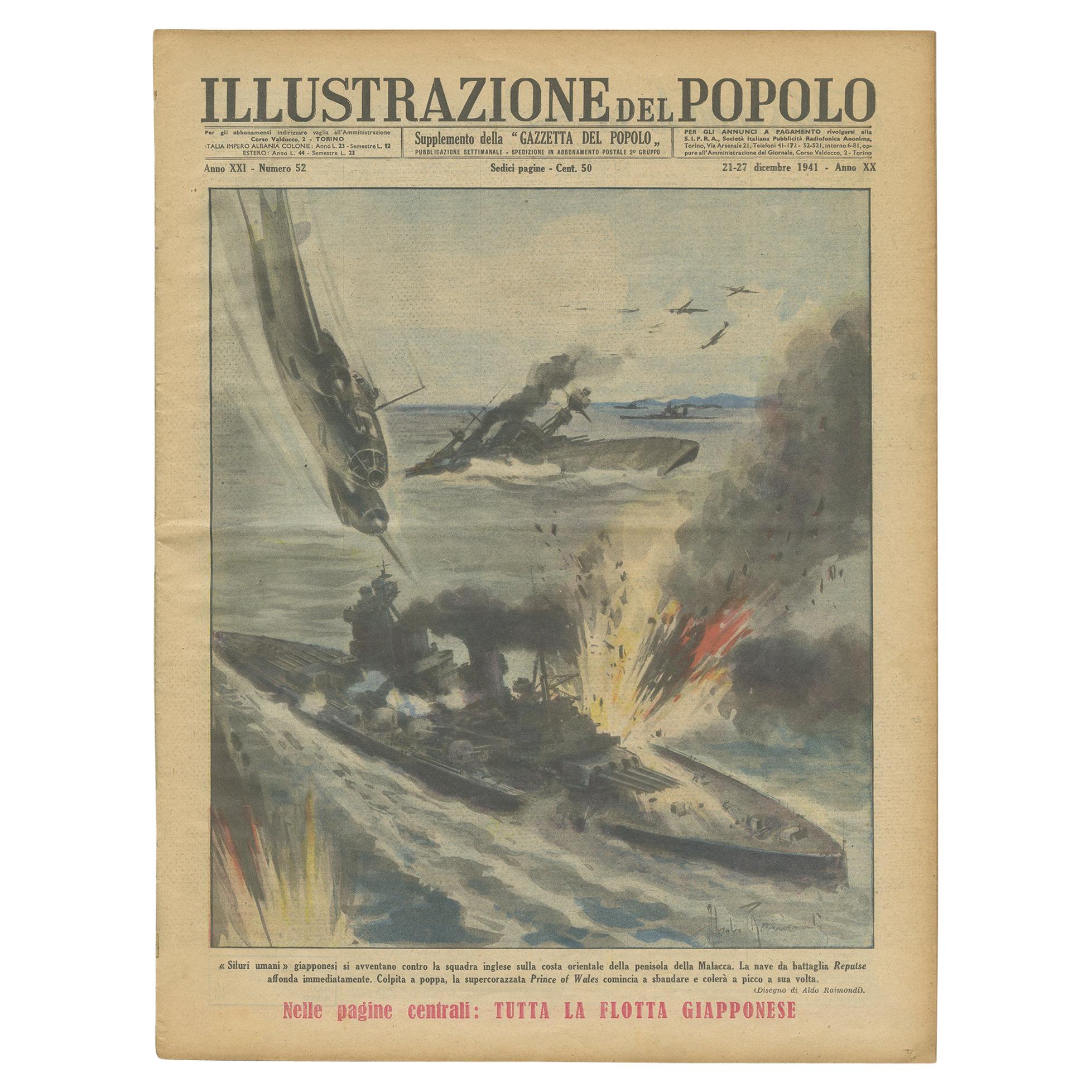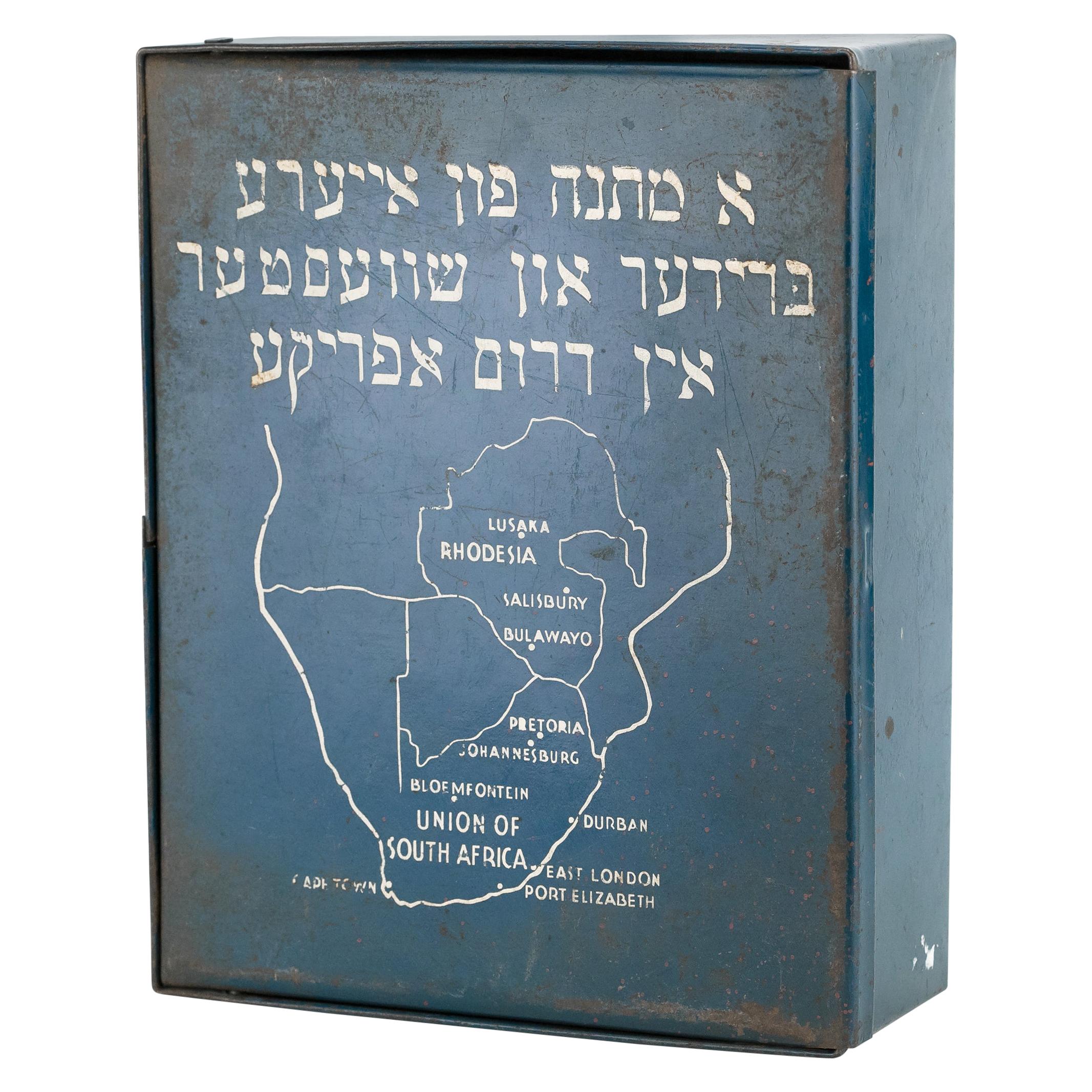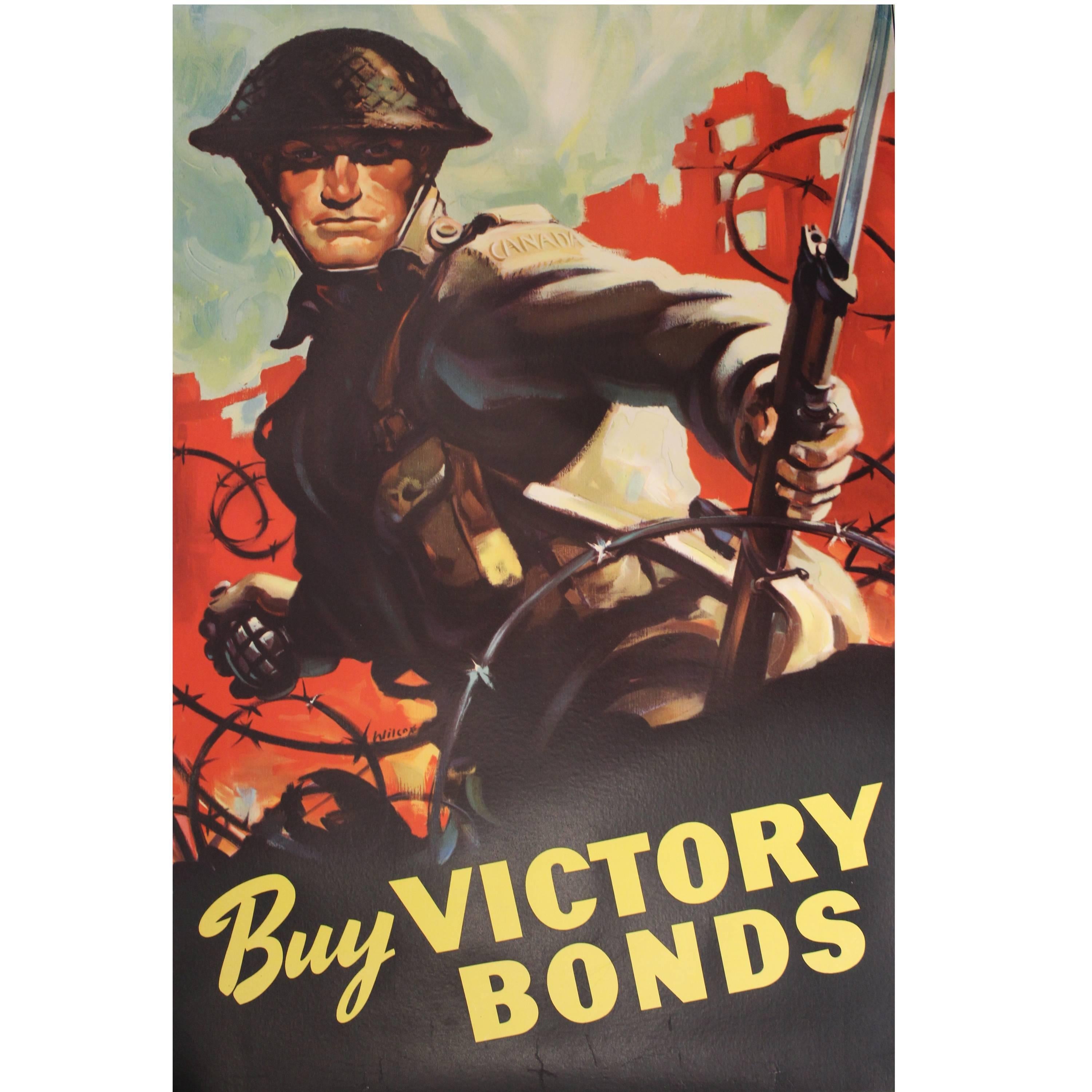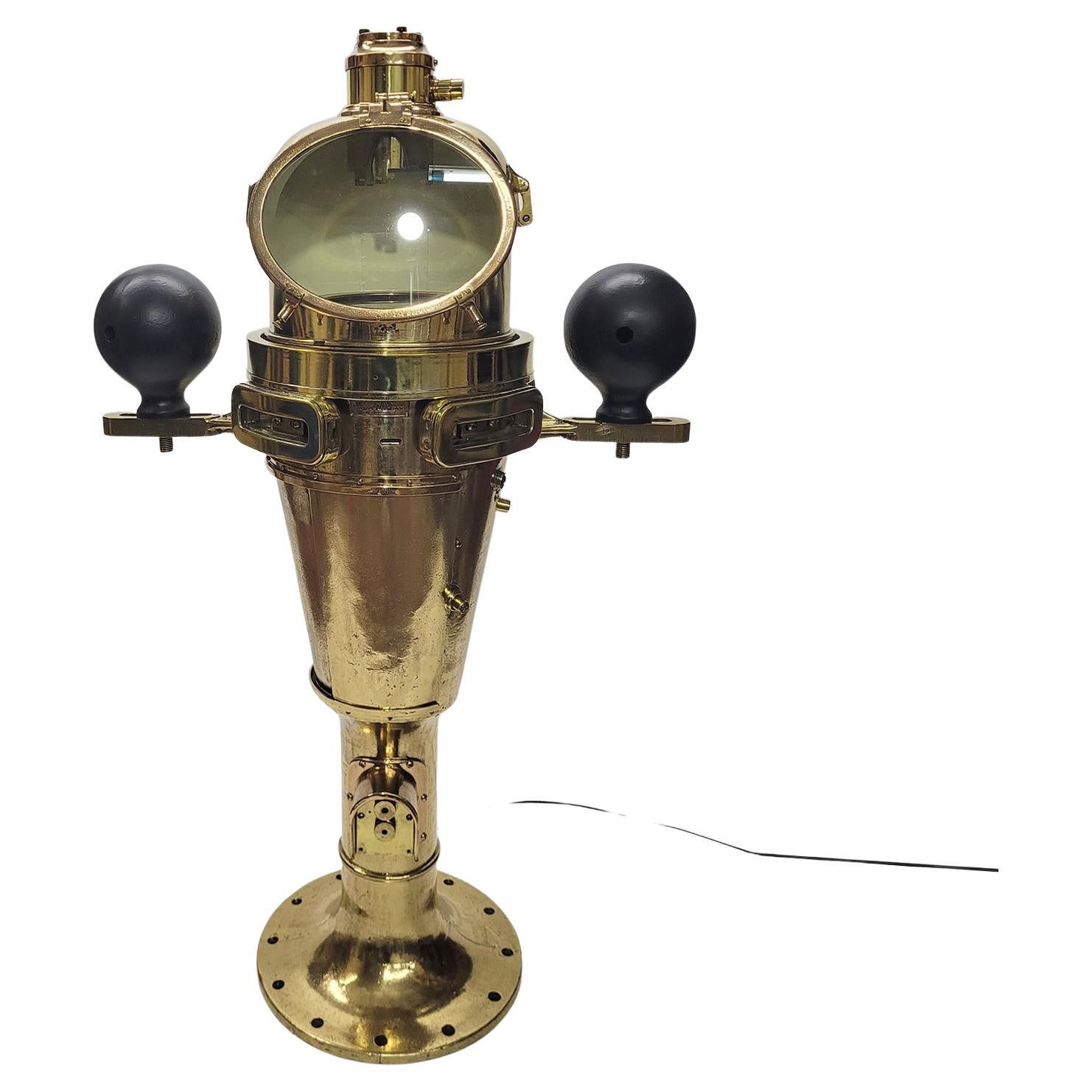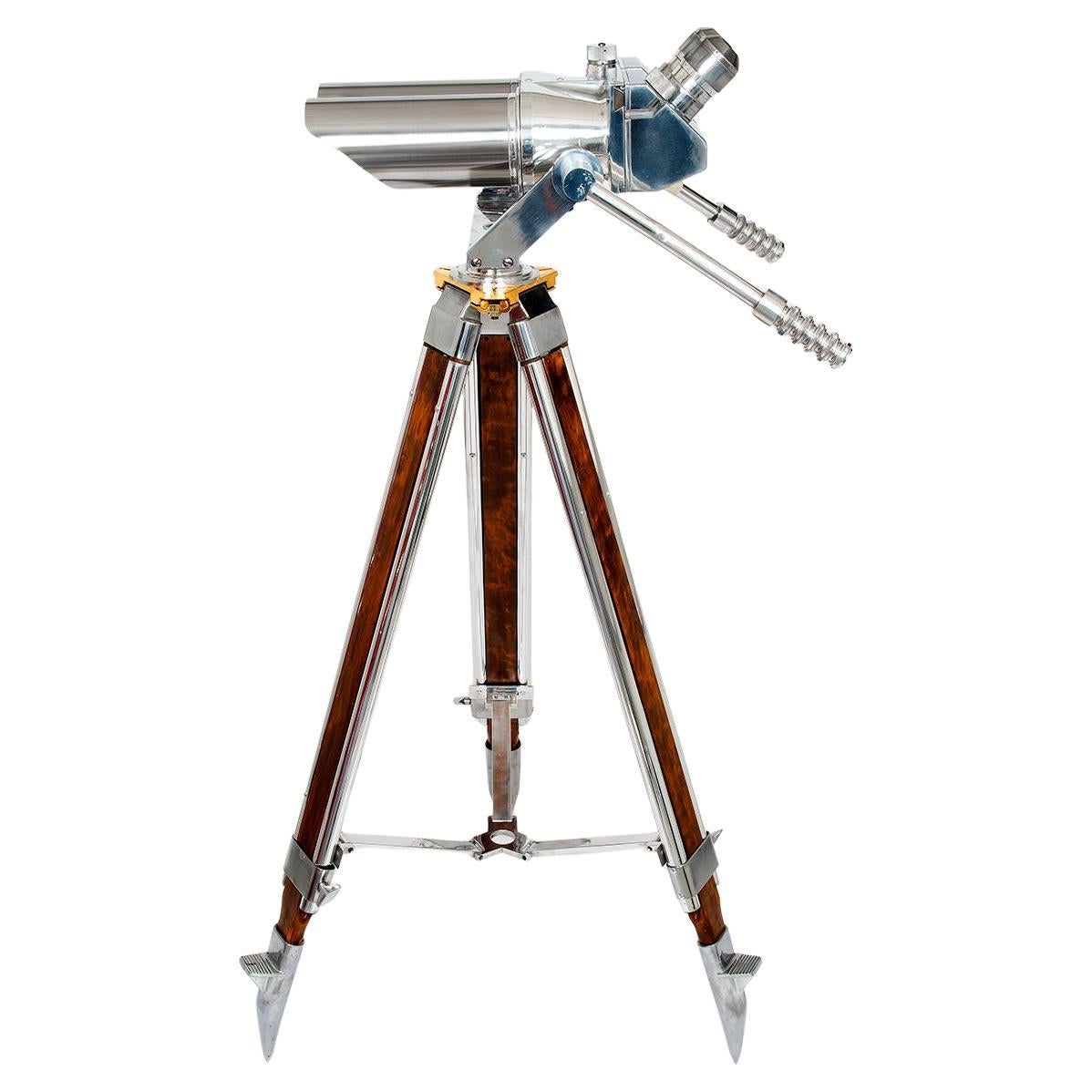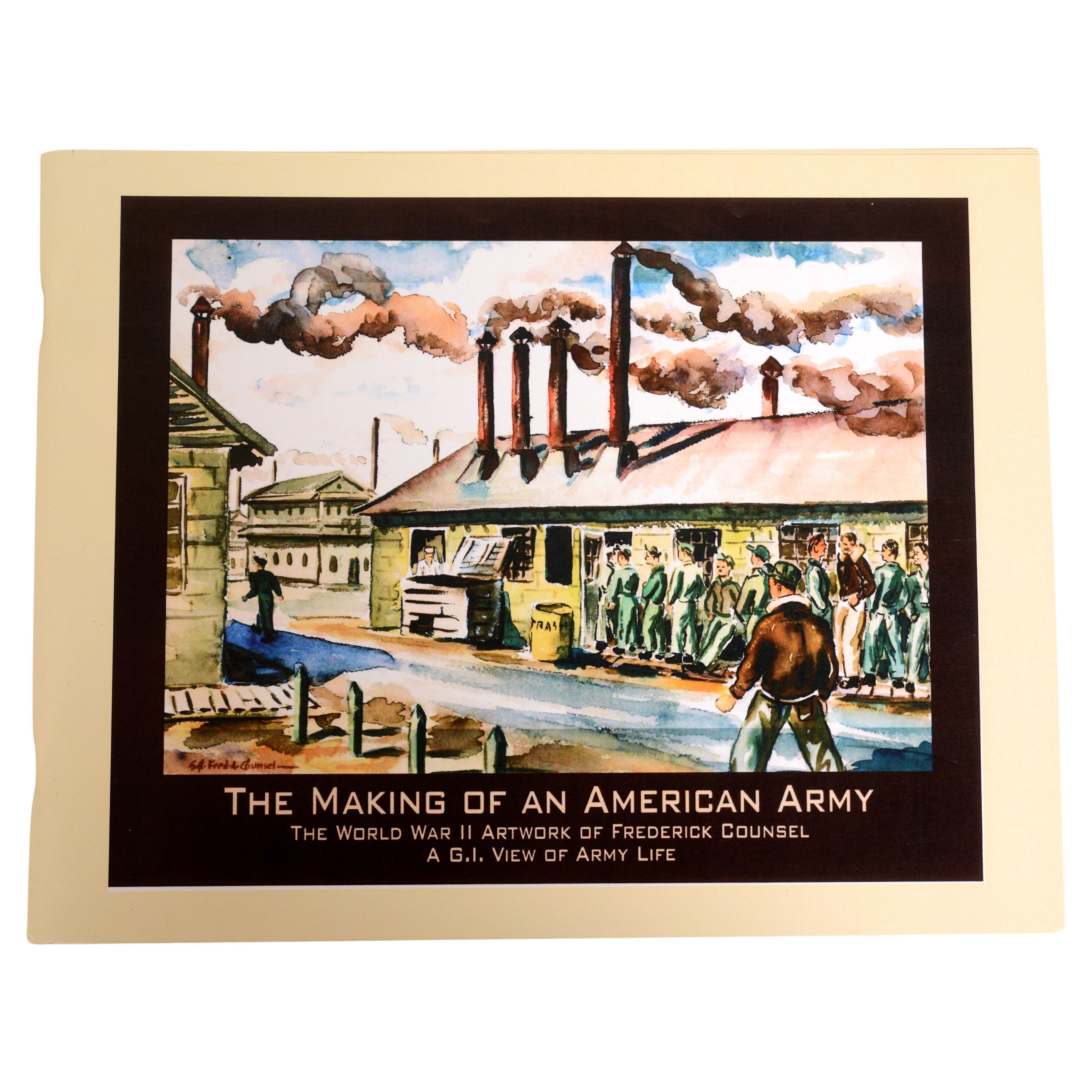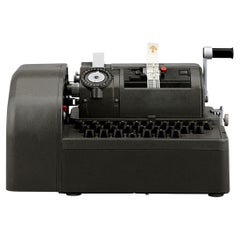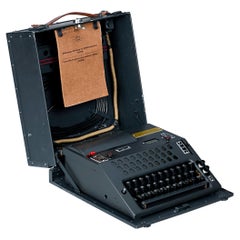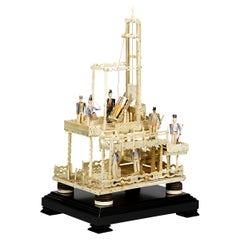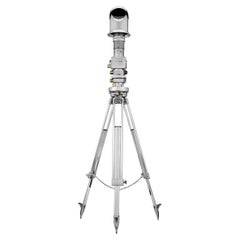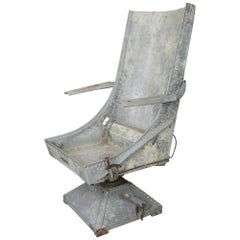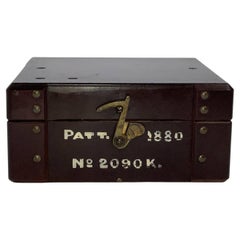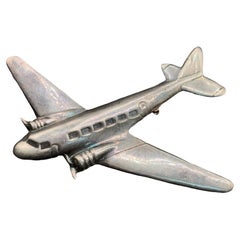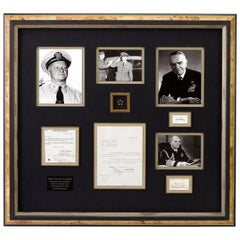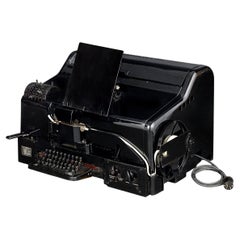
World War II Ten-Rotor T52 Enigma Machine
View Similar Items
Want more images or videos?
Request additional images or videos from the seller
1 of 9
World War II Ten-Rotor T52 Enigma Machine
$298,500List Price
About the Item
- Dimensions:Height: 16.25 in (41.28 cm)Width: 27.5 in (69.85 cm)Depth: 27.5 in (69.85 cm)
- Materials and Techniques:
- Place of Origin:
- Period:
- Date of Manufacture:1944
- Condition:
- Seller Location:New Orleans, LA
- Reference Number:Seller: 32-08471stDibs: LU891144727162
About the Seller
5.0
Recognized Seller
These prestigious sellers are industry leaders and represent the highest echelon for item quality and design.
Established in 1912
1stDibs seller since 2010
109 sales on 1stDibs
Typical response time: 4 hours
Authenticity Guarantee
In the unlikely event there’s an issue with an item’s authenticity, contact us within 1 year for a full refund. DetailsMoney-Back Guarantee
If your item is not as described, is damaged in transit, or does not arrive, contact us within 7 days for a full refund. Details24-Hour Cancellation
You have a 24-hour grace period in which to reconsider your purchase, with no questions asked.Vetted Professional Sellers
Our world-class sellers must adhere to strict standards for service and quality, maintaining the integrity of our listings.Price-Match Guarantee
If you find that a seller listed the same item for a lower price elsewhere, we’ll match it.Trusted Global Delivery
Our best-in-class carrier network provides specialized shipping options worldwide, including custom delivery.More From This Seller
View AllCx-52 Model Swiss Cipher Machine
Located in New Orleans, LA
A triumph of ingenuity and craftsmanship, this Swiss cipher machine is a fabulous example of mechanical precision. Cipher machines are used to encrypt a...
Category
20th Century Swiss Other Historical Memorabilia
Materials
Metal
Swiss Nema Cipher Machine
Located in New Orleans, LA
This Swiss-engineered cipher machine is a fascinating piece of 20th-century military and engineering history, and this particular example is one of the ...
Category
20th Century Swiss Other Historical Memorabilia
Materials
Metal
$34,500
Napoleonic Prisoner-of-War Guillotine
Located in New Orleans, LA
An incredible and extremely rare artifact of world history, this mutton bone model of a guillotine was created during the Napoleonic wars by a French prisoner of war. Many of the inmates at the prisoner of war camps were skilled artisans long before they were soldiers, and because of the long duration of the conflict and cost of care, their captors encouraged detainees to use their skills to create objects to be sold at civilian open markets. Because of the intricacy of these fascinating objets d'art, very few of these models have survived the test of time. This masterpiece is impeccably detailed with soldiers and cannons lining the platforms. Adding to the rarity of this piece is that it has moving parts, as only a scant few model carvings were ever created with such mechanical accuracy. The soldiers have movable arms, while the guillotine features a movable "blade" for added authenticity.
By many accounts, Napoleonic prisoners of war...
Category
Antique 19th Century French Models and Miniatures
Materials
Bone
Carl Zeiss Cold War Binocular Periscope
By Carl Zeiss
Located in New Orleans, LA
Binocular Periscope
Carl Zeiss
Circa 1965
This exceptional binocular periscope, crafted by the renowned Carl Zeiss optical works, represents the pinnacle of mid-20th century German ...
Category
20th Century German Historical Memorabilia
Materials
Metal
Portable Copying Machine by James Watt & Co.
By James Watt
Located in New Orleans, LA
Considered the first step into the world of modern photocopying, the copying machine was among the first widely used devices to successfully produce an ex...
Category
Antique 18th Century English Other Historical Memorabilia
Materials
Mahogany
Elizabeth II Commemorative Coronation Tyg
By T. Goode & Co.
Located in New Orleans, LA
Created to commemorate the coronation of Queen Elizabeth II, this engraved glass tyg is a beautiful celebration of this historic event. Held at Westminster Abb...
Category
20th Century English Other Glass
Materials
Glass
You May Also Like
World War II Air Crewman's Seat.
Located in Asbury Park, NJ
Rare aircrew seat by Aircraft Mechanics Inc. with swivel base. The body is riveted, galvanized, and well patinated. Adjustment levers have faded bright yellow spherical knobs. Ready ...
Category
Vintage 1930s American Industrial Armchairs
Materials
Aluminum
British Military World War II Azimuth Circle in Box
Located in Norwell, MA
Vintage British military issue pattern 1880 Azimuth Circle in its original case with original paint on the circles and its filter frame. Lacquered brass trim. The sturdy timber box h...
Category
Antique 1880s North American Nautical Objects
Materials
Wood
1930s World War II Sterling Silver DC-3 Airplane Pin
Located in Van Nuys, CA
This large silver DC-3 airplane pin dates to the 1930s through World War II, a period when the DC-3 revolutionized air travel and played a vital role in military transport. Shaped to...
Category
Vintage 1940s American Aviation Objects
Materials
Sterling Silver
$176 Sale Price
44% Off
Navy Five-Star Admirals Signatures, United States World War II
Located in Colorado Springs, CO
This amazing piece of U.S. Naval history features signed items from all four World War II Navy Admirals to ever wear the five-star rank. All are cons...
Category
Mid-20th Century American Historical Memorabilia
Materials
Paper
War of the Worlds
Located in London, GB
Original British front of house card for The War of the Worlds 1953 it was used inside the foyer of the cinema.
This artwork featuring the invading spacecraft is the best card from the set of 8.
The film is one of the most famous science fiction films ever made.
It was directed by Byron Haskin and starred Gene Barry, Ann Robinson...
Category
Vintage 1950s British Posters
Materials
Paint
$1,046 Sale Price
20% Off
Telescope with original leather case from World War II, English circa 1940
Located in Central England, GB
This fine example of a World War II military spotting telescope is the type issued to a British army sniper, who would have used it to locate an enemy sniper in a hidden position.
T...
Category
Mid-20th Century British Other Scientific Instruments
Materials
Brass
Recently Viewed
View AllMore Ways To Browse
Revolutionary War Memorabilia
Cipher Machine
Large Siemens Halske
Voting Box
Antique Knife Sheath
Memorabilia Queen Elizabeth Ii
Peugeot Coffee
Tree Topper
Wooden Cash Register
1950 Vintage Christmas Ornaments
Antique Beer Memorabilia
Antique Pith Helmet
Brass Cash Register
Carpentry Vintage Tools
Chilean Antiques
General Patton
Large Coffee Grinder
T C F Co Antique Furniture
